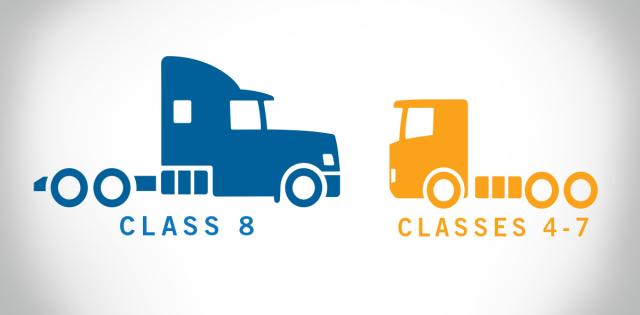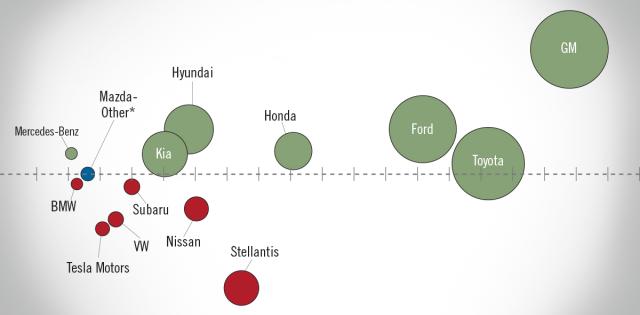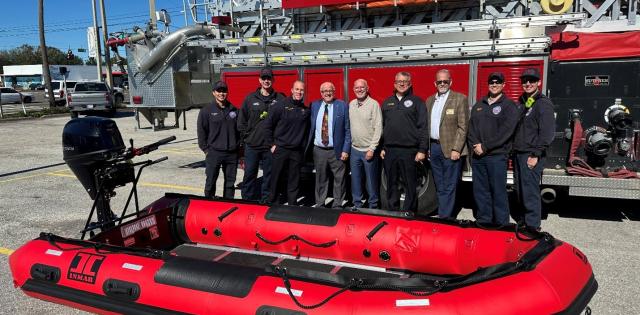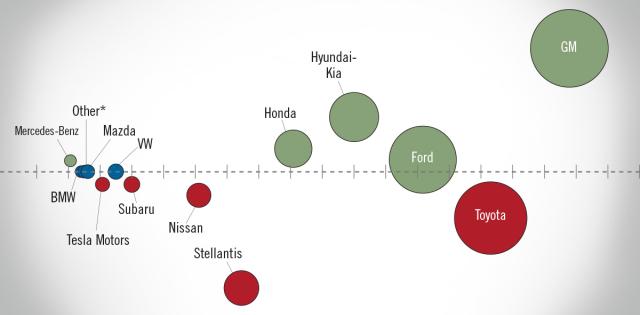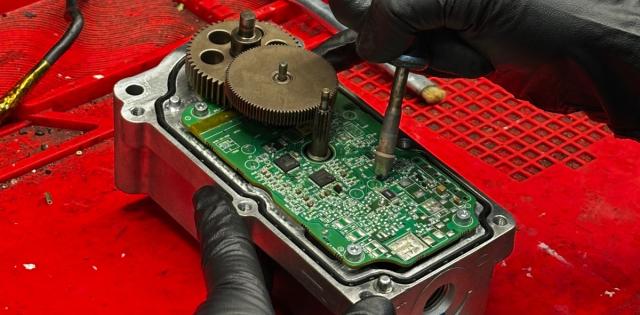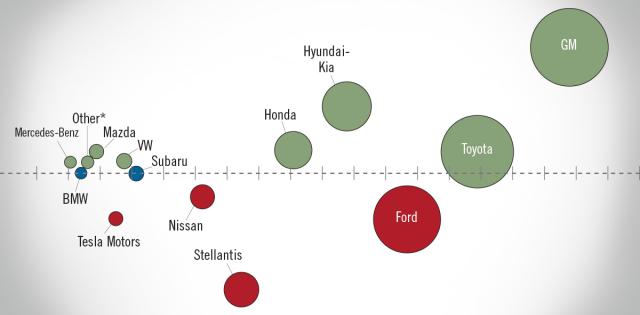The article below is sourced from Bloomberg Wire Service. The views and opinions expressed in this story are those of the Bloomberg Wire Service and do not necessarily reflect the official policy or position of NADA.
Mercedes-Benz AG and Rivian Automotive Inc. plan to jointly build electric vans in Europe, a potential win-win that could lead to further collaboration as an established manufacturer looks to share costs and an inexperienced company struggles to scale up.
The two will invest in and operate a new assembly plant at an existing Mercedes facility in central or eastern Europe that will begin production in “a few years,” according to a statement. The companies didn’t release details of the 50-50 joint venture, including investment figures.
“We will both benefit significantly from this,” Mathias Geisen, who heads Mercedes’s vans business, told reporters, adding the move would help the partners shoulder the multibillion-euro cost of scaling up electric-van manufacturing.
Automakers are increasingly looking to share the bill of developing and producing EVs as they retool factories and overhaul model lineups to catch up with Tesla Inc. The partnership pairs Rivian, which counts Amazon.com Inc. and Ford Motor Co. among its largest shareholders, with one of the world’s most seasoned vehicle makers.
The Mercedes plant in Kecskemet, Hungary, is likely to be on the shortlist for the joint factory. The plant, opened in 2012, currently makes entry Mercedes-Benz cars such as A-Class, B-Class and C-Class models. The manufacturer plans to lower the production of such vehicles as part of its strategy of shifting to higher-end models.
Geisen, who led corporate strategy for both Mercedes and Daimler before taking over the van business at the start of this year, didn’t rule out a broader collaboration in other regions, such as the US.
“We start setting up this factory and then we see how it goes,” he said. “I wouldn’t say that’s impossible that that happens. I’d say, ‘Let’s get it started and take it from there.’”
Rivian rose as much as 10% in New York. The shares are still down some 66% this year. Mercedes declined 1.9% in Frankfurt.
Production Challenges
After its blockbuster debut in late 2021, Rivian has struggled with production woes, high costs and economic volatility. The company briefly halted work at its Normal, Illinois, plant at the beginning of this year for fixes and process improvements aimed at helping increase output.
Lingering supply-chain issues and elevated raw-material expenses have disrupted operations, leading Rivian recently to trim its full-year earnings expectations. It said last month that boosting production remains its primary focus, though supply-chain constraints would be the limiting factor. The startup has been looking at options for a manufacturing site in Europe since early last year, Bloomberg has reported.
For Mercedes, the search for a partner was driven in part by the unpredictable pace of electric-vehicle adoption in the European van market, which makes it more difficult to be profitable, Geisen said.
Mercedes delivered just over 334,000 vans last year. Rivian, which makes the R1T pickup and R1S sport utility vehicle along with the vans, expects to manufacture 25,000 EVs this year.
Rivian has agreed to supply 100,000 electric delivery vans to Amazon by 2030. The tech giant also currently uses combustion-engine vans from Mercedes and other manufacturers.
Mercedes also said that it plans to adapt its European production network for large vans as the cost pressures from making battery vehicles undermine competitiveness. This will see an established plant from the Mercedes production network in eastern Europe -- where production costs are lower -- become part of van-making operations. Discussions on the plan between management and employee representatives in Germany will start shortly, according to a separate statement.
By the middle of this decade, all new Mercedes van models, including mid-size and small vans, will be electric-only, the company said.
For more stories like this, bookmark www.NADAheadlines.org as a favorite in the browser of your choice and subscribe to our newsletter here:


